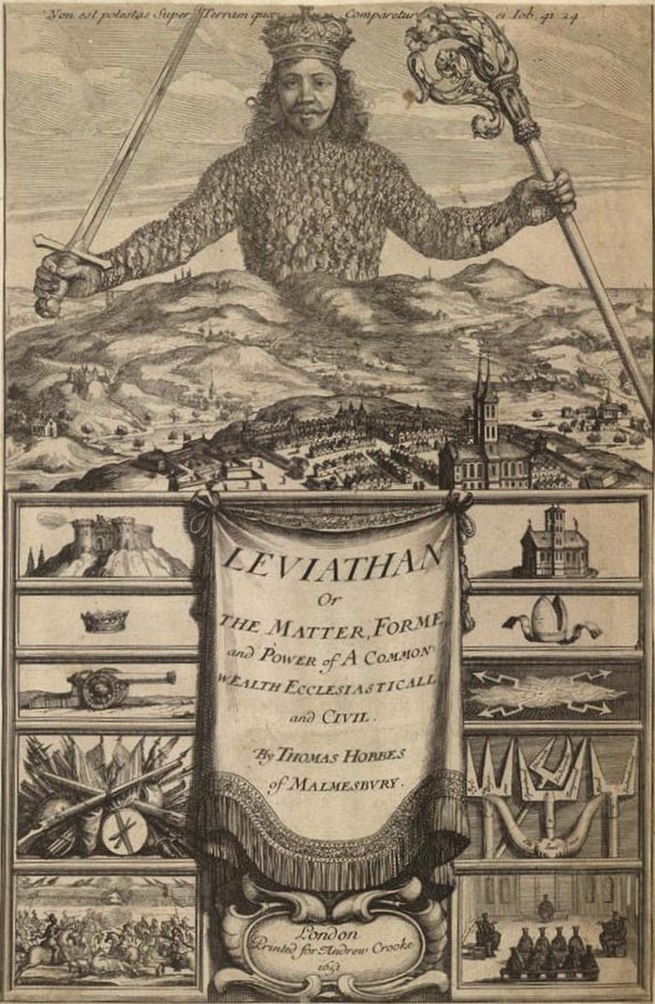-
Nation
A nation is a stable community of people, formed on the basis of a common language, territory, history, ethnicity, or psychological make-up manifested in a common culture.
A nation is more overtly political than an ethnic group; it has been described as “a fully mobilized or institutionalized ethnic group”. Some nations are ethnic groups (see ethnic nationalism) and some are not (see civic nationalism and multiculturalism).It is a cultural-political community that has become conscious of its autonomy, unity, and particular interests.Benedict Anderson has characterised a nation as an “imagined community” and Paul James sees it as an “abstract community”. A nation is an imagined community in the sense that the material conditions exist for imagining extended and shared connections. It is an abstract community in the sense that it is objectively impersonal, even if each individual in the nation experiences him or herself as subjectively part of an embodied unity with others. For the most part, members of a nation remain strangers to each other and will likely never meet. Hence the phrase, “a nation of strangers” used by such writers as Vance Packard.
-
State (noun)
A condition; a set of circumstances applying at any given time.
“a state of being;”
“a state of emergency”
-
State (noun)
A complete description of a system, consisting of parameters that determine all properties of the system.
-
State (noun)
The stable condition of a processor during a particular clock cycle.
“In the fetch state, the address of the next instruction is placed on the address bus.”
-
State (noun)
The set of all parameters relevant to a computation.
“The state here includes a set containing all names seen so far.”
-
State (noun)
The values of all parameters at some point in a computation.
“A debugger can show the state of a program at any breakpoint.”
-
State (noun)
The physical property of matter as solid, liquid, gas or plasma.
-
State (noun)
High social standing or circumstance.
-
State (noun)
Highest and stationary condition, as that of maturity between growth and decline, or as that of crisis between the increase and the abating of a disease; height; acme.
-
State (noun)
Pomp, ceremony, or dignity.
“The President’s body will lie in state at the Capitol.”
-
State (noun)
Rank; condition; quality.
-
State (noun)
Condition of prosperity or grandeur; wealthy or prosperous circumstances; social importance.
-
State (noun)
A chair with a canopy above it, often standing on a dais; a seat of dignity; also, the canopy itself.
-
State (noun)
A great person, a dignitary; a lord or prince.
-
State (noun)
A polity.
-
State (noun)
Estate, possession.
-
State (noun)
Any sovereign polity; a national or city-state government.
-
State (noun)
A political division of a federation retaining a notable degree of autonomy, as in the United States or Germany; any province.
-
State (noun)
A form of government other than a monarchy.
-
State (noun)
An element of the range of the random variables that define a random process.
-
State (verb)
To declare to be a fact.
“He stated that he was willing to help.”
-
State (verb)
To make known.
“State your intentions.”
-
State (adjective)
stately
“36|The ſhepheardes ſwayne you cannot well ken, / But it be by his pride, from other men: / They looken bigge as Bulles, that bene bate, / And bearen the cragge ſo ſtiffe and ſo ſtate, / As Cocke on his dunghill, crowing cranck.”
-
Nation (noun)
A historically constituted, stable community of people, formed on the basis of a common language, territory, economic life, ethnicity and/or psychological make-up manifested in a common culture.
“The Roma are a nation without a country.”
“The Kurdish people constitute a nation in the Middle East”
-
Nation (noun)
A sovereign state.
“Though legally single nations, many states comprise several distinct cultural or ethnic groups.”
-
Nation (noun)
An association of students based on its members’ birthplace or ethnicity. t
“Once widespread across Europe in medieval times, nations are now largely restricted to the ancient universities of Sweden and Finland.”
-
Nation (noun)
A great number; a great deal.
-
Nation (noun)
Damnation.
-
Nation (adverb)
Extremely, very.

